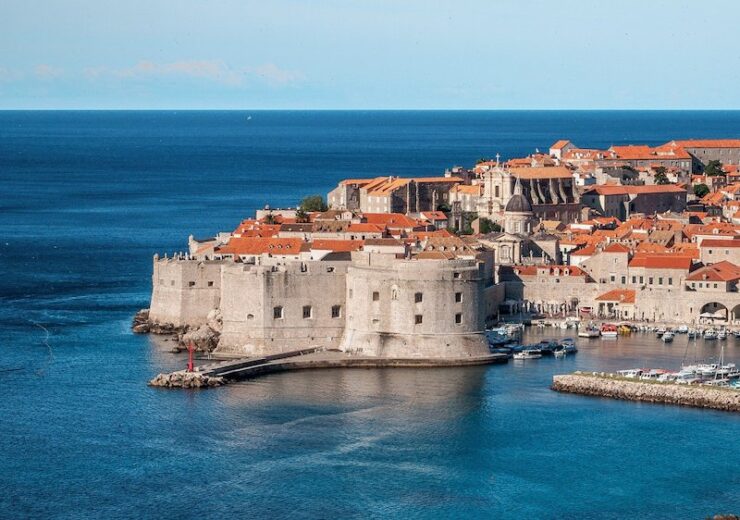The IUCN says that, unless significant measures are taken to address mismanaged plastic waste, annual leakage into the Mediterranean will reach 500,000 tonnes per year by 2040

The IUCN estimate that more than one million tonnes of plastic have accumulated in the Mediterranean sea (Credit: Pixabay)
An estimated 229,000 tonnes of plastic leaks into the Mediterranean sea every year, according to environmental organisation International Union for Conservation of Nature (IUCN).
This figure is equivalent to more than 500 shipping containers each day.
The IUCN says that, unless significant measures are taken to address mismanaged waste, annual leakage will reach 500,000 tonnes per year by 2040.
IUCN’s Global Marine and Polar Programme director Minna Epps said: “Plastic pollution can cause long-term damage to terrestrial and marine ecosystems and biodiversity.
“Marine animals can get entangled or swallow plastic waste, and ultimately end up dying from exhaustion and starvation.
“Additionally, plastic waste releases chemical substances such as softeners or fire retardants into the environment, which can be harmful to both ecosystems and human health, especially in a semi-closed sea such as the Mediterranean.
“As this report makes clear, current and planned measures are not enough to reduce plastic leakage and prevent these impacts.”
Egypt, Italy and Turkey are countries with the highest plastic leakage rates, says IUCN report
Based on a compilation of data from field studies, the Mare Plasticum: The Mediterranean report estimates plastic flows from 33 countries around the Mediterranean basin.
The research also found that macro-plastics resulting from mismanaged waste make up 94% of the total plastic leakage.
Once washed into the sea, the plastic mostly settles in the sediments in the form of microplastics, with IUCN estimating that more than one million tonnes of plastic have accumulated in the Mediterranean sea.
Egypt – around 74,000 tonnes a year – Italy – 34,000 tonnes a year – and Turkey – 24,000 tonnes a year – are the countries with the highest plastic leakage rates into the Mediterranean according to the report.
This is mainly due to high quantities of mismanaged waste and large coastal populations.
However, per capita Montenegro – 8kg a year per person – Albania, Bosnia and Herzegovina and North Macedonia – each contributing an estimated 3kg a year per person – have the highest levels of leakage.
IUCN Centre for Mediterranean Cooperation director Antonio Troya said: “Governments, private sector, research institutions and other industries and consumers need to work collaboratively to redesign processes and supply chains, invest in innovation and adopt sustainable consumption patterns and improved waste management practices to close the plastic tap.”
For primary microplastics, the plastic flow into the Mediterranean is estimated at 13,000 tonnes a year, with tyre dust being the largest source of leakage (53%), followed by textiles (33%), microbeads in cosmetics (12%), and production pellets (2%).
Improving waste management has the greatest potential to reduce over time, says IUCN report
Based on a projected annual increase in global plastic production of 4%, the IUCN report outlines different leakage scenarios and assesses key actions that could contribute to cutting plastic flows into the Mediterranean over the next 20 years.
According to the report, waste management has the greatest potential to reduce plastic leakage over time.
It found that more than 50,000 tonnes of plastic leakage into the Mediterranean could be avoided each year if waste management were to be improved to global best practice standards in the top 100 contributing cities alone.
It also found that bans can be effective interventions if widely implemented – for instance, it estimates that a global ban on plastic bags in the basin would further reduce plastic leakage by around 50,000 tonnes per year.
